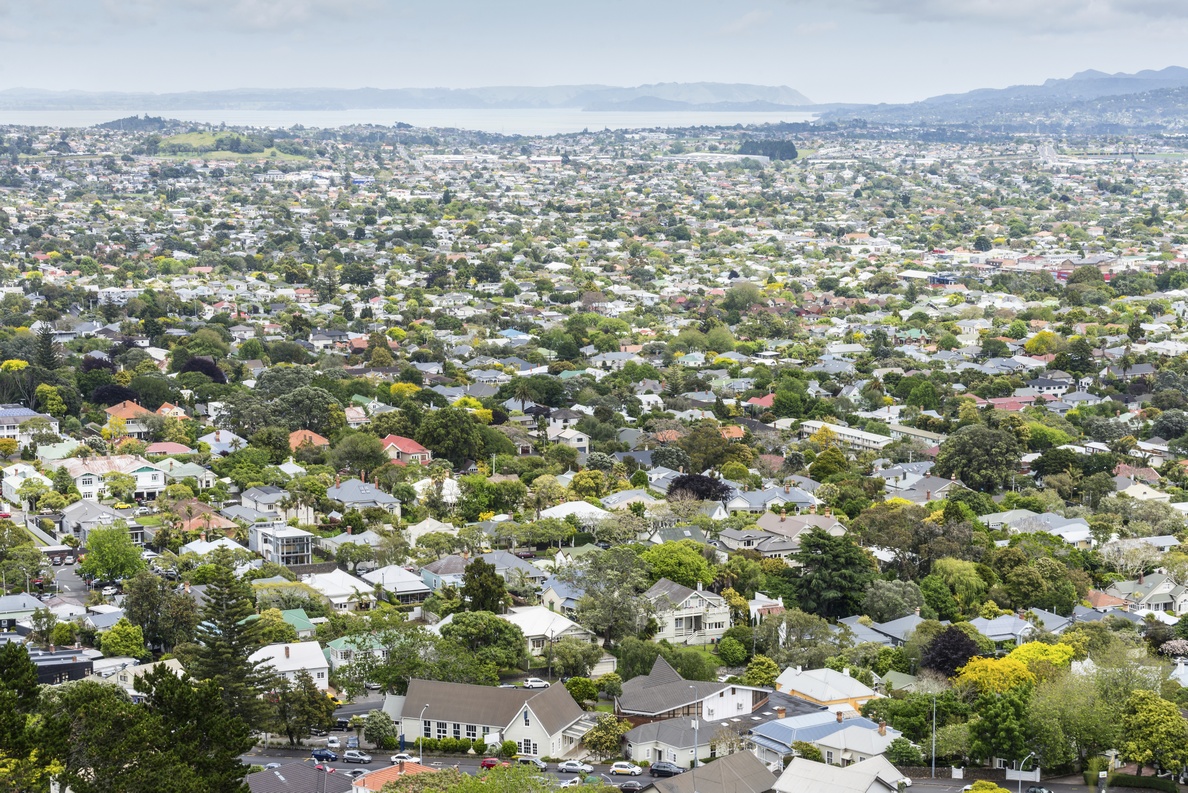Renting in Auckland: tenant, landlord and property manager perspectives
Author:
Jennifer L R JoyntSource:
Auckland Council Research and Evaluation Unit, RIMUPublication date:
2018Topics:
HousingExecutive summary
The rental sector is a significant aspect of Auckland’s housing landscape. The percentage of households recorded as renting their home is greater in Auckland than any other region in New Zealand. Rental affordability in Auckland has been an enduring issue; the median rental cost is $536 per week (MBIE, 2017), which for an average earner would account for more than 30 per cent of their income, and be classified as unaffordable.
Internationally and nationally there is an increasing body of evidence on the private rental sector that highlights growing inequity between homeowners and those in the private rental system. This inequity is felt in economic terms, as tenants fail to benefit from the wealth creation opportunities found in homeownership. Private rental occupancy has also been linked to lower social, health and educational outcomes (White, et al., 2017). The literature links the cause of these low outcomes with the relatively poor quality of housing stock in the private rental system, and the limited rights tenants have under rental legislation (Howden-Chapman, 2015; White, et al., 2017). This Renting in Auckland study was initiated by Auckland Council to develop a deeper understanding of the private rental housing market in Auckland from the perspective of tenants landlords and property managers.
Three key themes emerged as part of the research: unaffordability in the Auckland private rental system, poor housing stock quality, and power imbalances between tenants and landlords. The key findings are:
- Many tenants, landlords and property managers agreed that rents in Auckland were unaffordable, and that the lack of affordable options for tenants was impacting on quality of life for many. The decline in rental affordability is multi-faceted; competition between tenants, opportunistic price rises by landlords as well as other discretionary charges applied by property managers, are all contributors.
- Fear of rising rents was more commonly reported than actual price rises, and this fear affected tenants’ ability to feel settled and enjoy their home completely.
- Tenants showed resilience in the face of rising rental costs, finding adaptive measures including; moving out of Auckland; sharing housing costs or accepting unsuitable housing.
- Damp and mould were the most commonly reported housing quality issues. Assigning responsibility to address mould issues reportedly caused conflict between tenants and landlords.
- Poor stock quality was attributed to both landlords’ reluctance to pay for repairs and tenants failing to report issues or undertaking poor quality work themselves. All of these problems happened as a result of legislative weakness and lack of clarification around expected standards, reporting and inspections. Where tenants were reluctant to report issues of repair and maintenance this was attributed to feeling wary of being labelled a ‘bad tenant’ or that it was their responsibility to fix things.
- Neither tenants nor landlords reported feeling completely satisfied with the balance of power in the private rental system. Tenants however emerged as the most disenfranchised. Hampered by ambiguous legislation, insecure tenure, competition for properties, rising costs and a fear of reprisals, tenants’ most common reaction was to exit the situation rather than seek a resolution.
The causes of the issues in the private rental system in Auckland are numerous. Improving the system will require a multi-pronged approach which could include:
- improved tenant security and rights, increasing with tenure length
- clarification in the Residential Tenancies Act 1986 regarding stock quality standards and responsibilities
- better support for tenants navigating the Tenancy Tribunal system establish open systems to enable background checks on landlords
- a warrant of fitness for rentals in Auckland, in conjunction with insulation grants or low interest loans for private landlords to make improvements to prevent costs being passed on to tenants
- rental stabilisation schemes
- increased affordability in the house buying sector, to allow progression out of private rentals if desired
- controlled immigration (or redirection from Auckland)
- increased provision of social housing and an alternative to the accommodation supplement.
Improving the rights and experiences of tenants could enable a shift in perspective about the value of rentals. Currently there is a fixation on the idea that everyone in New Zealand should travel along a housing continuum to the goal of home ownership. If health, welfare and financial outcomes for tenants were not so compromised relative to homeowners the option of renting could offer an equivalent experience to other tenure types.
Auckland Council technical report, TR2017/032
December 2017
